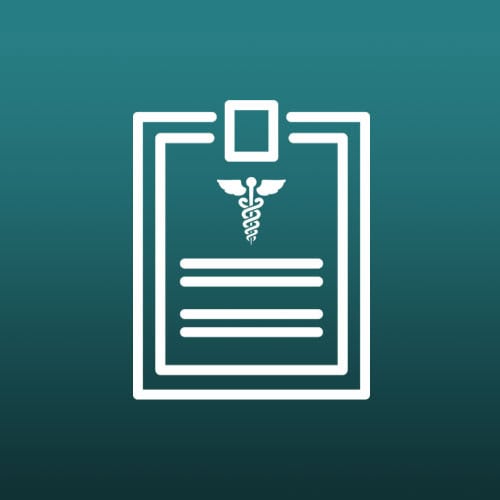Suivez-nous sur les réseaux sociaux !
Découvrez les propositions des experts de la SFC émises à partir d’une revue de la littérature et de leur expérience, autour de sujets d’actualité n’ayant pas fait l’objet de recommandations précises.
Voici un aperçu rapide des sujets abordés dans cette publication :
Dernières publications
Publications
Expert consensus on practical management of worsening renal function in outpatients with heart failure and reduced ejection fraction
Voici un aperçu rapide des sujets abordés dans cette publication :
Consensus d’un groupe multidisciplinaire d’experts et du Groupe Insuffisance Cardiaque et Cardiomyopathies (GICC) de la SFC sur la prise en charge pratique de l’aggravation de fonction rénale chez les patients ambulatoires atteints d’insuffisance cardiaque à fraction d’éjection altérée
Nathan Mewton, Nicolas Girerd, Jean-Jacques Boffa, Cécile Courivaud, Richard Isnard, Laurent Juillard, Nicolas Lamblin, Matthieu Legrand, Damien Logeart, Christophe Mariat, Edith Meune, Pierre Sabouret, Laurent Sebbag, Patrick Rossignol
Summary
Renal function is often affected in patients with chronic heart failure with reduced ejection fraction (HFrEF). The complex interplay between heart and renal dysfunction makes renal function and potassium monitoring mandatory. Renin-angiotensin-aldosterone system (RAAS) blockers are a life-saving treatment for patients with HFrEF, regardless of worsening renal function. Uptitration to the maximum-tolerated dose should be a constant goal. This simple fact is all too often forgotten (only 30% of patients with heart failure receive the target dosage of RAAS blockers), and the RAAS blocker effect on renal function is sometimes misunderstood. RAAS blockers are not nephrotoxic drugs as they only have a functional effect on renal function. In many routine clinical cases, RAAS blockers are withheld or stopped because of this misunderstanding, combined with suboptimal assessment of the clinical situation and underestimation of the life-saving effect of RAAS blockers despite worsening renal function. In this expert panel, which includes heart failure specialists, geriatricians and nephrologists, we propose therapeutic management algorithms for worsening renal function for physicians in charge of outpatients with chronic heart failure. Firstly, the essential variables to take into consideration before changing treatment are the presence of concomitant disorders that could alter renal function status (e.g. infection, diarrhoea, hyperthermia), congestion/dehydration status, blood pressure and intake of nephrotoxic drugs. Secondly, physicians are invited to adapt medication according to four clinical scenarios (patient with congestion, dehydration, hypotension or hyperkalaemia). Close biological monitoring after treatment modification is mandatory. We believe that this practical clinically minded management algorithm can help to optimize HFrEF treatment in routine clinical practice.
Keywords
- Hyperkalemia
- Heart failure
- Systolic
- Chronic kidney disease
- Renal function
- Cardiorenal syndrome
- Cardiovascular disease
- Cardiac edema
Table of contents
- Background
- Pathophysiology of WRF in patients with chronic heart failure
- Assessing renal function in patients with HF
- Initiation and titration of ACE inhibitors, ARBs, ARN inhibitors and mineralcorticoid receptor antagonists
- Facing WRF in an outpatient with chronic heart failure
- Specificities in the elderly/very elderly
- Conclusions
Date de mise à jour du document : Octobre 2020
© 2020 Elsevier Masson SAS. Tous droits réservés.
Document validé par la Commission Documents de Consensus
Cette commission de la SFC a pour objectif de superviser et contrôler la préparation des documents scientifiques ou d’autres documents tels que les consensus d’experts ou prises de position.
Partagez cet article :
Partagez cet article :
Written by : SFC
Plus de publications de la SFC

Article du Collège des Paramédicaux de la SFC | Avril 2025 Séverine Godinot - [...]

CARDIOLOGIE PÉDIATRIQUE Heart failure in patients with a systemic right ventricle: A multicentre study [...]




